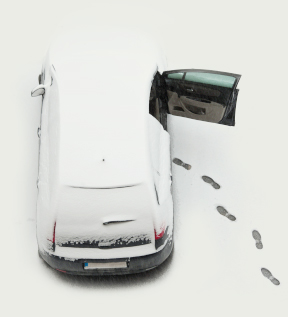When cold temperature turns deadly: Guarding against hypothermia
Posted in General Health & Wellness on February 10, 2012. Last modified on February 01, 2018. Read disclaimer.

Many of us can probably recall times when we've been so cold that we just couldn't stop shivering; our fingers and toes felt frozen; and even our mouth wouldn't move right.
When we're cold for a short time but can then go inside to a warm up, the event is little more than uncomfortable. What happens, however, when a person can't (or chooses not to) warm up and they continue losing heat faster than their body can generate it? At some point the body's store of energy is exhausted and that discomfort can turn into a life threatening situation called hypothermia, where the body's core temperature becomes abnormally low.
+ Free Shipping & Returns on Eligible Items.
(*Amazon's Top 100 list updated hourly.)
While hypothermia is most commonly associated with prolonged exposure to very cold weather, it can also be a cause for concern in milder conditions. In fact, most cases of hypothermia occur between at temperatures between 30° and 50°F.
Since approximately 700 Americans die each year from this largely preventable condition, we've created the following brief quiz to test your knowledge of the causes, symptoms, and prevention of hypothermia:

